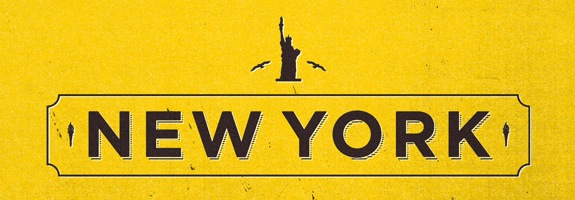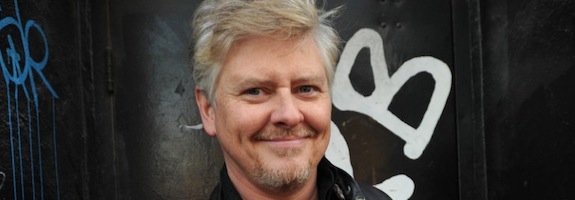Author and comedy writer Simon Rich, the youngest writer ever hired on Saturday Night Live, recently appeared on the James Altucher podcast for an interesting look at his approach to writing comedy.
In the conversation he shares his thoughts on writing vs. standup comedy, how he comes up with stories, and why he believes emotion is everything.
You can listen to the full episode here, or read up on some of the highlights below.
1. You Have To Be A Superfan First
At around the 9-minute mark, Rich discusses how he got his start in comedy writing and how he believes most people do – by being a superfan first. He points out that for most people who “make things” for a living, it starts with them being obsessive fans.
Rich grew up watching tons of comedy on TV, particularly noting how he would obsessively watch sketch shows like Mr. Show and the Upright Citizens Brigade TV series.
“I was always trying to copy my heroes,” he says.
But his biggest influence was The Simpsons, noting at the 46-minute mark of the podcast that, “Everything I believe about comedy I learned from The Simpsons. In my mind, it’s the most perfect work of art.”
2. You’re Probably Either A Standup Or A Writer – Very Few People Are Both
At around the 17-minute mark, Rich weighs in on the differences between performing standup and writing comedy, and explains why he believes people are rarely good at both.
Calling standup an “extremely hard skill,” he points out that you can be a good standup and not a good writer and vice versa – there isn’t necessarily any overlap in the two comedy art forms.
For himself, he realized early on that he was drawn more to writing than performing so he chose to focus on writing.
“Usually, standups love performing – they can’t wait to get on stage,” he says. “It’s a very different thing than what I do.”
3. Everybody Tells The Same Stories
At around the 23-minute mark, Rich goes into a very interesting explanation of how he actually approaches writing.
“A lot of what I do is taking an old story I love and making it my own with a twist,” he says.
He goes on to explain that some people believe there are really only a couple plots that exist in the world and that every story is a variation on them. He believes there’s more like a dozen plots out there for people to reinvent, but agrees that everybody is pretty much telling the same stories in different ways.
Rich approaches his writing by looking for the emotional core of a story and finding ways to amplify that emotion, which is where the comedy is found.
“I start with a visceral emotion I have felt [in real life],” he says. “If it feels universal, I’ll write about it. I try to write about emotions not in the way they actually occurred, but in the way they felt. It feels much more high stakes than it is.”
For example, a broken heart in a relationship might not actually be the end of the world, but it feels like the end of the world. So he writes about it being the end of the world.
Later in the podcast, Rich adds that once you hone in on the stories you want to tell you can continue to tell them in different ways forever. “Some people write the same story for their whole lives,” he says.
4. Comedy Is Vulnerability
At about the 30-minute mark, Rich talks about how important he believes emotion is to comedy writing – and especially vulnerability.
“At the core of every comedy premise there needs to be some vulnerability, somebody has to be weak,” he says.
He goes on to talk about how challenging it is to incorporate an emotional connection into sketch comedy writing, which is one of the reasons he’s currently adapting one of his books into a sitcom instead of a sketch show.
He points out that audiences have a tendency to write off sketch shows and not allow themselves to become emotionally invested in them because you’re constantly reminded that what you’re watching is fake as a result of the characters constantly changing.
He contrasted that with a sitcom, where viewers get to know the same characters and develop an emotional connection to them relatively easily.
“Every new SNL cast member is hated at first because the audience doesn’t recognize them,” he says. “With a sitcom, by episode two or three you know the character. They always look the same.”
5. It’s Never Too Late
At about the 54-minute mark, Rich offers some words of encouragement to other would-be comedy writers who may be unsure of whether they’re making any progress or if they’ve waited too long to chase their dream.
“It’s never too late,” he says. “But if you don’t love sitting down and writing then you definitely shouldn’t do this because that’s what it is. But if you think you might like it, then you should sit down, write, and find out.”
READ THIS NEXT: 5 Things You Can Learn From The Colbert Report’s Head Writer




